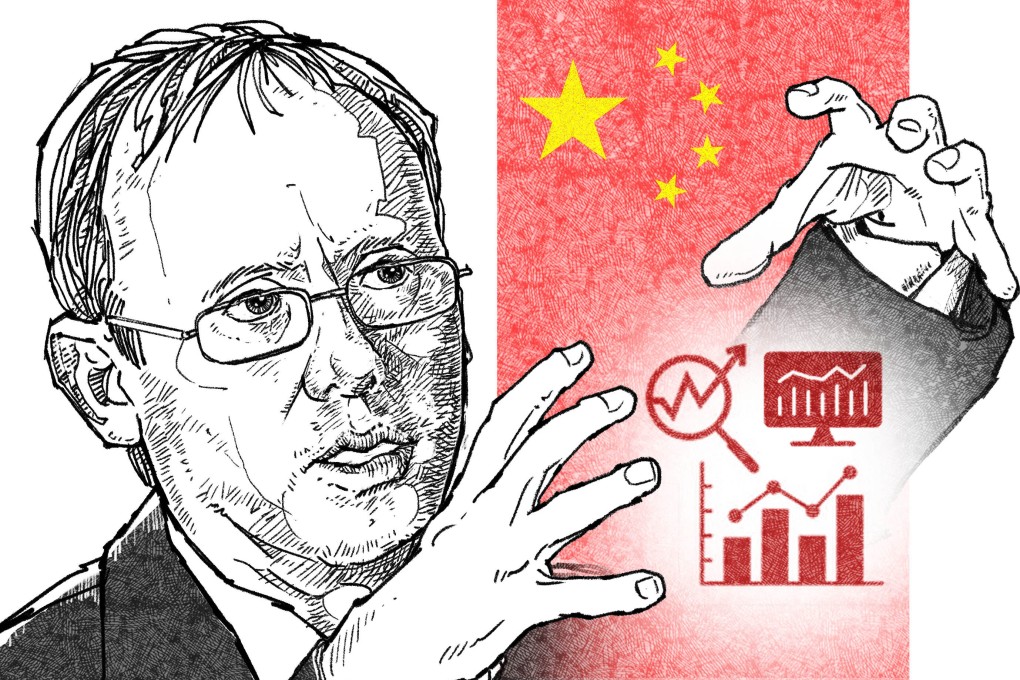Open Questions | Why this China analyst says full decoupling is unlikely, and what’s missed in reform talk
- Arthur Kroeber, founder of Gavekal Dragonomics, says China’s role in supply chains is unlikely to change and discussion of reform from abroad is often incomplete

You have suggested that Beijing should roll out economic reforms to achieve sustainable economic growth. What specific reforms? What is your assessment of the sweeping reforms unveiled at the 18th Central Committee’s third plenum in 2013? What should we expect from the coming session?
Using the word “reform” to talk about what’s going on in China is not all that helpful. The reason is when people outside China, particularly from the United States or Europe, they specifically mean reforms to reduce the role of the state in the economy and increase the role of markets in the private sector. China really is not doing very much of that.
In my opinion they should be doing a lot more to reform the financial and fiscal systems and improve market regulation, to enable core dynamism and private-sector activity, and boost productivity across the board.
But when the Chinese leadership talks about reform, they mean something different. They believe they are doing a lot of reform in the sense of changing forms of organisation, regulatory systems, and the way that capital flows around the economy with the objective of sustaining economic growth and accelerating the pace of technological change.
Then almost immediately after that, it says the state will continue to have a dominant or leading role in the economy.
